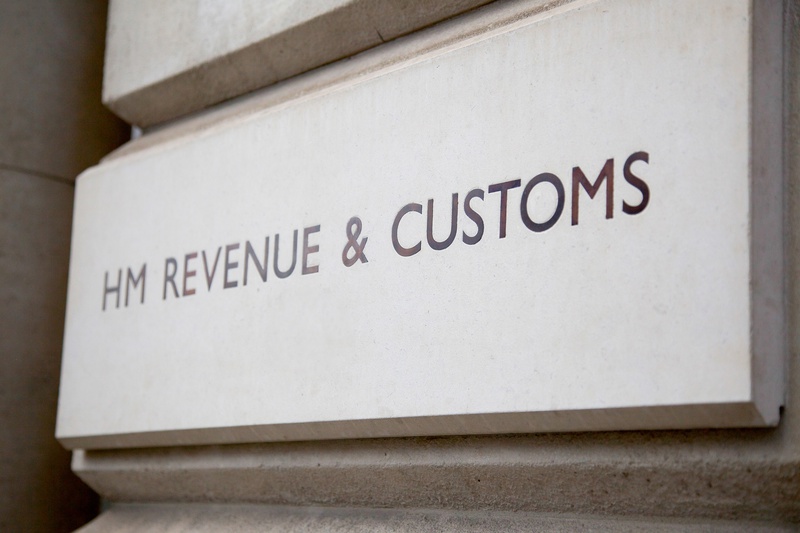As announced in the Budget in March 2021, legislation will be introduced in the Finance Bill 2021 which will temporarily extend the period over which taxpayers are permitted to carry back trading losses against profits arising in earlier years. This means taxpayers can have access to additional tax repayments that they would not have otherwise been able to claim without the introduction of the temporary measures.
Current Rules
At present, a sole trader, partnership (each partner will make a claim) or a company that incurs a trading loss is able to make a claim to offset these losses against profits arising in the current year as well as profits arising in the previous tax year.
Amended/enhanced rules
The temporary rules introduced do not amend or restrict general loss relief, but allow losses arising within a certain time frame to be carried back up to an additional two years and offset against trading profits arising in those years. This will allow businesses to access earlier years profits and claim repayments of tax.
For sole traders or partnerships who make trading losses in either the 2020/21 or 2021/22 tax years, the new temporary rules allow an additional carry back of trading losses against general profits for three years prior to the tax year in which the loss arises.
Relief will apply to both income tax and Class 4 NICs. The losses that can be carried back under the new temporary rules are £2,000,000 per tax year and can be worth up to £1,880,000 for an additional rate taxpayer.
For companies, a carry back of losses of up to £2,000,000 can be made for each of the periods covering the years from 1 April 2020 to 31 March 2021 and 1 April 2021 to 31 March 2022. Where a company’s accounting period straddles these dates, the limits per each accounting period will be prorated. Across both years, the maximum corporation tax repayment that can be received is £760,000.
Additional points to note for companies include:
- Where companies form part of the same group, the £2,000,000 limit for each of the years covered by the rules applies for the whole group.
- Whilst claims will usually be required to be reported in a company’s tax computation, where the total amount of relief to be received is below the de minimis amount of £200,000, a stand-alone claim can be made to HMRC outside of the company’s tax returns. Where all companies in a group are eligible to make de minimis claims, the group cap mentioned above will also not apply.
In either case for sole traders/partnerships or companies, any trading losses which are not used for relief against profits arising in either the current or previous year, or carried back further under the new temporary rules, will be carried forward and offset against future profits arising. This does not represent a change from the current rules in place for excess losses arising in a tax year.
HMRC will not be able to give effect to claims and make tax repayments until Finance Bill 2021 receives Royal Assent. Although where losses are expected to be reported in the 2020/2021 tax year, there is no reason not to calculate in advance any repayments which may be due once HMRC are able to pay out so a claim can be made as soon as possible once Royal Asset is received.
Claiming a Tax Repayment Before Tax Return Being Finalised
As noted above, the introduction of the new temporary loss carry back rules does not impact the availability of existing current-year and one-year carry back claims. These claims are made through taxpayers’ tax returns, and unlike the new rules, there is no de minimis amount under which claims can be made outside of tax returns.
However, where a taxpayer believes that they have already paid too much tax for a tax year or an accounting period, and their tax return is not ready to be submitted to HMRC to make the claim for a relief, a separate claim can be made to HMRC for a repayment of tax before the tax liability has been calculated and finalised.
For example, if a company has paid corporation tax on profits arising in the year ended 31 December 2019, and was expecting to realise a loss in the year ended 31 December 2020. This loss can be carried back in the 2020 tax return against the 2019 profits and generate a corporation tax repayment.
However, it is possible to make a claim to HMRC now (i.e. before the financial statements and tax return have been prepared) to request relief on the basis that it now believes that the amount of tax paid in 2019 was too much.
For further information and guidance on the temporary loss relief please email Luke Prout, Tax Partner lprout@streetsweb.co.uk or James Carpenter, Corporate Tax Manager jcarpenter@streetsweb.co.uk



